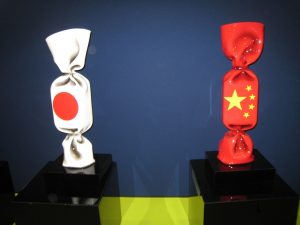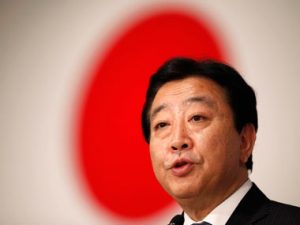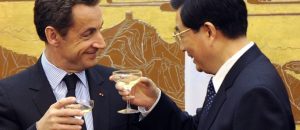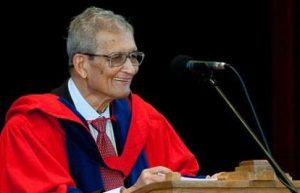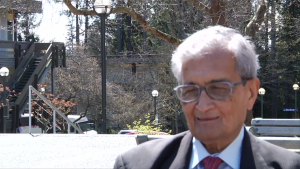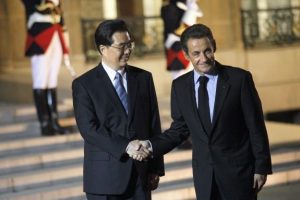Why China isn’t Buying Eurozone Bailout Bonds (Yet)
Memo #128 – China has still not committed to invest in the European Financial Stability Facility (EFSF), the stopgap fund created to tackle the European sovereign debt crisis. Officials have actually stated that China will not use its $3.2 trillion in foreign exchange reserves to rescue other countries. Why is this so?
为何中国仍未打算购买欧元区救助债券
Memo #128 – 中国仍未就投资于欧洲金融稳定基金(EFSF)做出任何承诺。创立这一基金是为了应急解决欧洲主权债务危机问题。官方发言人已表示,中国不会使用3.2万亿美元的外汇储备拯救其他国家,为什么要这样做呢?
A New Japanese Voice at the G20
Memo #118 – The G20 Summit in Cannes just finished after a breathtaking Kalamatianós around global institutional reform and commitments. In this process, what was Japan’s role?
At G20: China a Balancer Between US and EU
Memo #116 – The G20 Summit in Cannes, from November 3 to 4, 2011, is possibly the last chance to prevent the beginning of a serious global financial meltdown. It’s a critical moment of confrontation between different blueprints on the future of global economic governance.
G20 and the Five Asian Powers
Memo #115 – In the midst of the great uncertainties of the Euro crisis and great volatility in global financial markets, the G20 Summit in Cannes, happening from November 3 to 4, 2011, is taking place at a critical time. Markets expect more coordination and more governance, although there are large gaps between US and EU interests. Strikingly, Asia owns five of the 20 seats in the G20 (China, India, Japan, Korea, and Indonesia) and is in a pivotal position. But will the five Asian powers coordinate their positions?
Nobel Laureate Amartya Sen Receiving UBC Honorary Degree (Video Recording)
Memo #81 – Nobel laureate economist Amartya Sen was awarded an honorary degree by The University of British Columbia at a special ceremony on April 21, 2011. In his address, Dr. Sen argues for an interdisciplinary approach to the pursuit of knowledge, citing the economist Adam Smith as an exemplar of integrating disciplines and thereby enriching the very nature of reasoning itself. He further draws upon the pragmatic social strategy of the Indian Nobel laureate poet Rabindranath Tagore, whose ideal of inclusivity in both education and life would, says Dr. Sen, resonate profoundly with UBC’s own efforts at productive dialogue between disciplines.
Dr. Amartya Sen on Tagore’s Significance (Video Interview)
Memo #79 – On April 21, 2011, Amartya Sen, recipient of the 1998 Nobel Prize in Economic Sciences, was awarded an honorary degree by the University of British Columbia.
Sino-European Hope for the G20 in 2011
Memo #63 – Is the G20 still useful? What can we expect of it this year? Analysts in Canada and the US are often quick to discount the G20 process as meaningless summitry among too many countries focused on widely divergent domestic agendas and embroiled in pre-electoral politics. Ian Bremmer and Nouriel Roubini both call this a G-zero situation.
Espoirs Sino-Européens pour le G20
Memo #63 – Le G20 a du mal à s’affirmer comme instance politique capable de résoudre énergiquement les risques systémiques, notamment financiers, et déçoit donc ceux qui en espéraient le plus.

